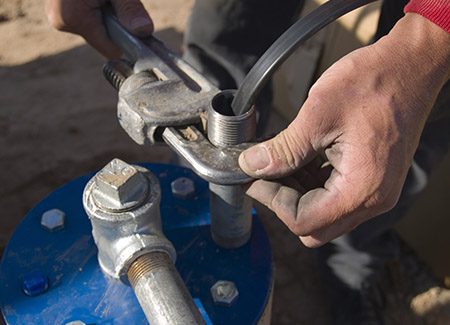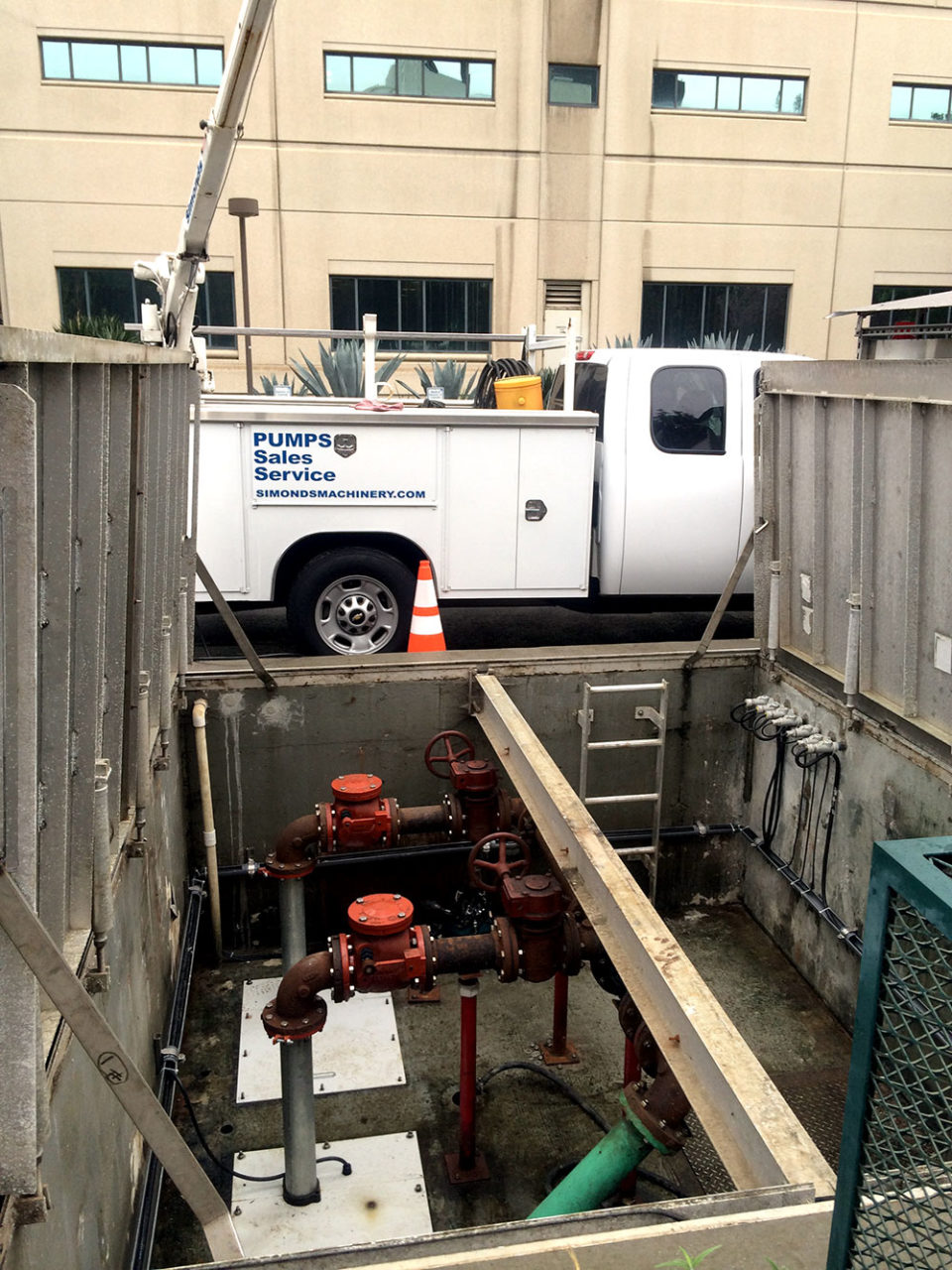Premium Water Softeners: Changing Difficult Water right into Soft, Glamorous Convenience
Premium Water Softeners: Changing Difficult Water right into Soft, Glamorous Convenience
Blog Article
Comprehending the Key Components of Effective Water Purification Equipments

Relevance of Water Filtration Systems
Water filtering systems play an important role in ensuring accessibility to clean and secure drinking water by effectively getting rid of pollutants and impurities. These systems are important in attending to the expanding concerns over water top quality and the potential wellness threats associated with taking in polluted water. By making use of various filtering mechanisms such as reverse osmosis, turned on carbon, and UV sanitation, water purification systems can successfully remove hazardous compounds like microorganisms, viruses, hefty steels, and chemicals from the water system.
Additionally, water filtration systems help to enhance the taste and odor of water by removing chlorine, sediments, and various other contaminants that can influence its quality. Water Treatment. This enhancement in water high quality not only makes it extra tasty however also motivates individuals to consume a sufficient amount of water daily, advertising better hydration and overall health
Kinds Of Filtration Elements

Physical filters are created to physically stress out pollutants from the water. These filters can be constructed from products like ceramic, carbon, or even sand, and they function by capturing bits bigger than the filter's pores as water travels through.
Chemical filters make use of various chemical procedures to get rid of impurities from the water. Instances consist of activated carbon filters, which adsorb contaminations, and reverse osmosis membranes, which utilize pressure to separate impurities from the water.
Biological filters use living organisms like algae or bacteria to break down organic matter and pollutants in the water. These filters are frequently used in wastewater therapy plants or natural water filtration systems.
Comprehending the different sorts of purification components is essential for picking the most appropriate water purification system for specific my explanation filtration needs.
Feature of Sediment Filters
Sediment filters play a critical duty in water filtration systems by properly capturing strong particles suspended in the water. These filters are typically the initial line of protection in a filtering system, removing larger bits such as sand, silt, dust, and rust prior to the water moves through finer filtration stages. By capturing these debris, the filters stop them from reaching downstream elements, thus extending the life expectancy and efficiency of the entire system.
The feature of sediment filters is crucial in maintaining water quality and protecting delicate equipment from damages brought on by particles. In addition, by eliminating visible particles, debris filters boost the quality and preference of the water. On a regular basis changing or cleaning up debris filters is important to make sure optimal efficiency. Neglecting this maintenance can result in clogging, reduced water circulation, and endangered filtering efficiency. Overall, debris filters are essential elements that contribute substantially to the effectiveness of water filtration systems.
Role of Turned On Carbon Filters
Playing a vital function in water filtering systems, triggered carbon filters are instrumental in eliminating impurities and pollutants from the water supply. As water passes with the filter, the turned on carbon attracts and holds onto the impurities, ensuring that the water that comes out on the other side is cleaner and safer for usage.
Activated carbon filters are very reliable at boosting the preference and smell of water by minimizing chemicals that can influence its top quality. Due to their adaptability and dependability, turned on carbon filters are a crucial component in making sure that water is detoxified to the greatest criteria prior to reaching customers.
Recognizing Reverse Osmosis Systems
Reverse osmosis systems are innovative water filtration systems that employ a sophisticated process to eliminate contaminants and impurities from alcohol consumption water. These systems work by applying pressure to the water, requiring it via a semi-permeable membrane layer. This membrane acts as a barrier, enabling only pure water molecules to go through, while blocking larger particles such as minerals, chemicals, and various other impurities. Therefore, the water that appears beyond is dramatically cleaner and more secure for usage.
Furthermore, reverse osmosis systems are fairly low-maintenance and can be mounted under the sink or in a main Source filtration system, offering convenient access to clean water throughout the household. In general, understanding just how reverse osmosis systems function can aid individuals make educated decisions about their water filtering needs.
Verdict
In verdict, effective water filtering systems are crucial for Go Here making certain safe and clean drinking water. By comprehending the feature and role of each element, people can make educated decisions when choosing a water filtration system.
Water filtering systems play an essential role in ensuring access to clean and safe drinking water by efficiently removing contaminants and impurities. By using different filtration devices such as reverse osmosis, turned on carbon, and UV sterilization, water filtering systems can successfully eliminate dangerous substances like microorganisms, viruses, heavy metals, and chemicals from the water supply.
Sediment filters play a vital role in water filtration systems by efficiently catching solid bits put on hold in the water (Water Filtration Systems).Playing an essential function in water purification systems, activated carbon filters are important in eliminating impurities and impurities from the water supply.Reverse osmosis systems are advanced water filtering systems that utilize an innovative procedure to eliminate impurities and pollutants from alcohol consumption water
Report this page